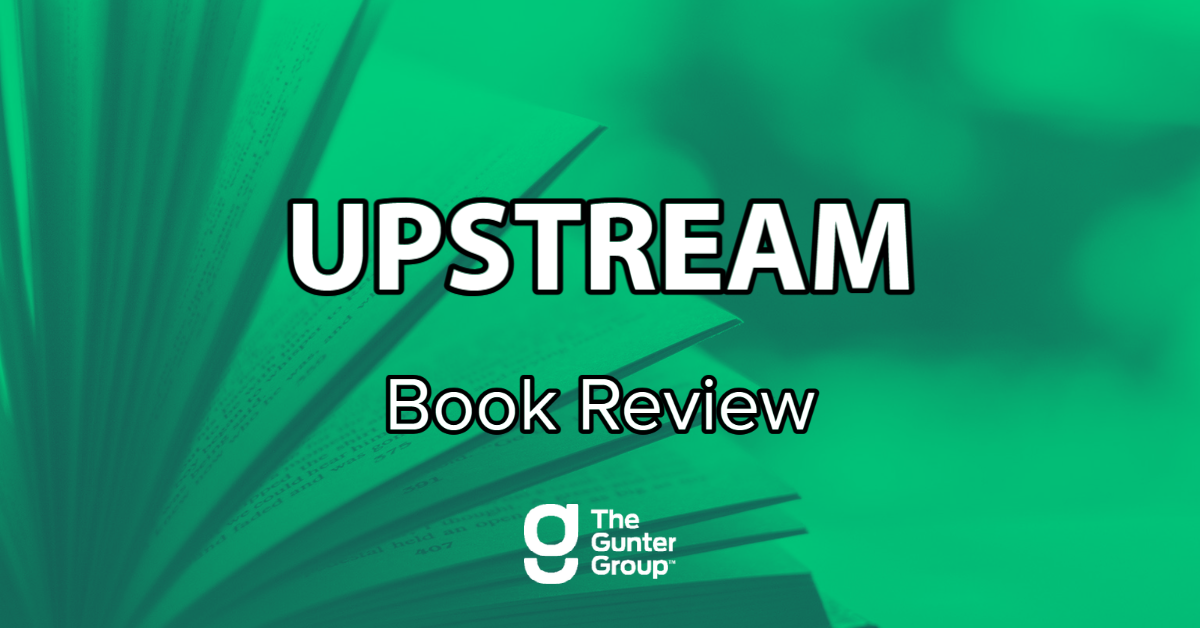Over the past year, TGG consultant Josh Bathon has provided book reviews for The Project Management Institute of Portland. Throughout the summer and fall we will periodically share some of the reviews that previously appeared in the PMI-PDX newsletter.
Book: Upstream by Dan Heath
Much of what we do is planned out, driven by templates and schedules. We’re project managers: careful planners, skilled organizers, disciplined doers. However, no amount of planning can solve for everything–problems creep into our projects no matter what we do. Good examples include chronic last-minute change requests, hectic go-lives, scheduling conflicts, unforeseen emergencies and unexpected long-term stabilization escalations. Even the best-planned projects will experience pain points.
That is where Dan Heath’s book Upstream comes in. The book asks a key question: how many of our problems could we solve before they even happen? Reacting to issues is necessary, but preventing them by upstream intervention is even more valuable. Upstream provides a number of questions, barriers, approaches, and case studies that encourage us to think about problems differently. Here are a few of my favorite concepts and applications from the book:
Barrier – Tunneling – The problem arises, escalations occur and everyone scrambles to fix it. But once the fire is out, it is rare for the team to stick around and ask, “How do we prevent this from happening again?” Instead, we simply move from problem to problem with tunnel vision, never addressing root causes in the system. Moving beyond this barrier is key to upstream thinking.
Approach – Unite the Right People – The ones reacting to a problem aren’t necessarily the right people to change the system. Take the example of a scrum team that experiences a periodic loss of velocity. Once a quarter, a request from the executive team forces 3 of your developers to stop their work and spend time updating reports. This extra work causes a delay in feature releases. You can’t solve the issue of your developers’ productivity by asking the developers to make a change–solving this problem requires the involvement of the leaders who are making the request. By bringing the right people to the table, you can understand the reasons for the last minute requests and try to plan ahead.
Approach – Use the Right Measures – Any single metric can be abused. At a previous company I worked for, the corporate office decided they needed better visibility into our project spending. They required that any proposal above $5M be routed to Corporate for several months additional review. Within a year, every strategic initiative in my region had been broken up into several smaller projects with budgets under $5M, resulting in an enormous overall loss of efficiency. Upstream suggests a simple fix: pair multiple measures together, to prevent people from gaming your metrics and demonstrating a false indication of success.
Project managers spend a lot of their time scrambling to solve problems. Excellent project managers know how to solve problems before they materialize. Upstream is a solid read for the project manager looking to improve their approach.


